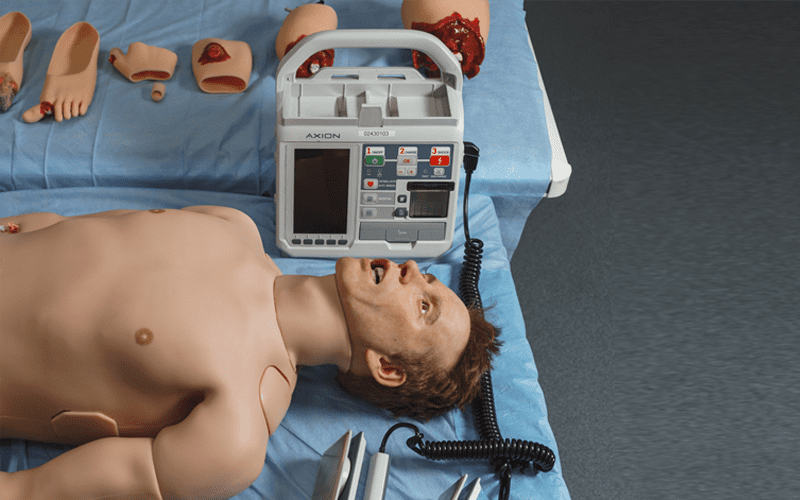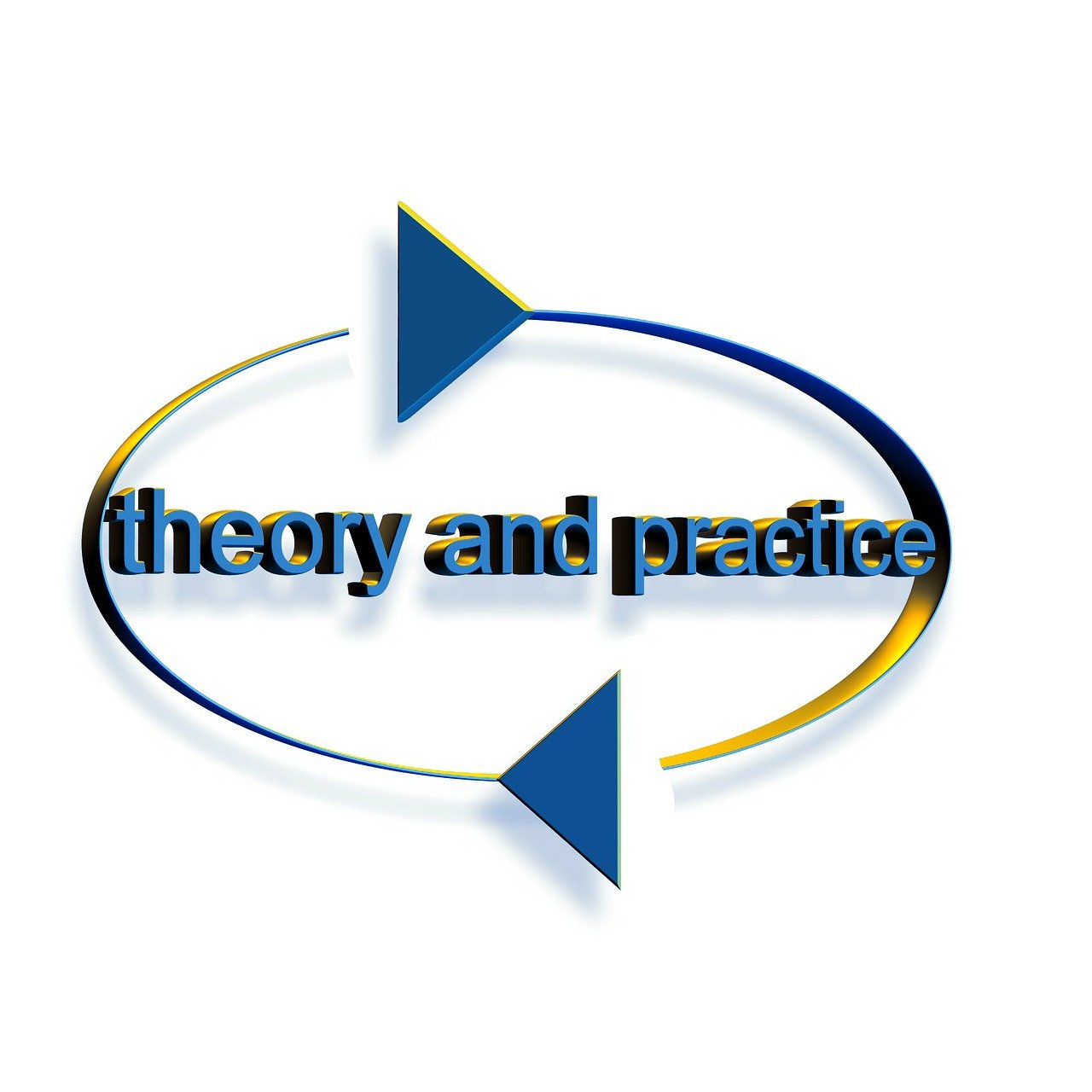Advancing Healthcare Education: The Role of Simulation, Medical Training Simulators, and Manikins
Healthcare simulation is a revolutionary educational methodology that replicates real-life healthcare scenarios in a controlled environment. It encompasses various techniques, tools, and technologies to mimic patient care situations, diagnostic procedures, and medical emergencies. Simulation-based training allows healthcare professionals, students, and practitioners to acquire and refine clinical skills, improve decision-making abilities, and enhance teamwork and communication within multidisciplinary teams. Medical Training Simulators: Medical training simulators are sophisticated devices designed to emulate anatomical structures, physiological functions, and clinical scenarios encountered in medical practice. These simulators range from simple task trainers for basic skills practice to high-fidelity virtual reality systems capable of simulating complex surgical procedures. They provide learners with hands-on experience in a risk-free environment, allowing t...

